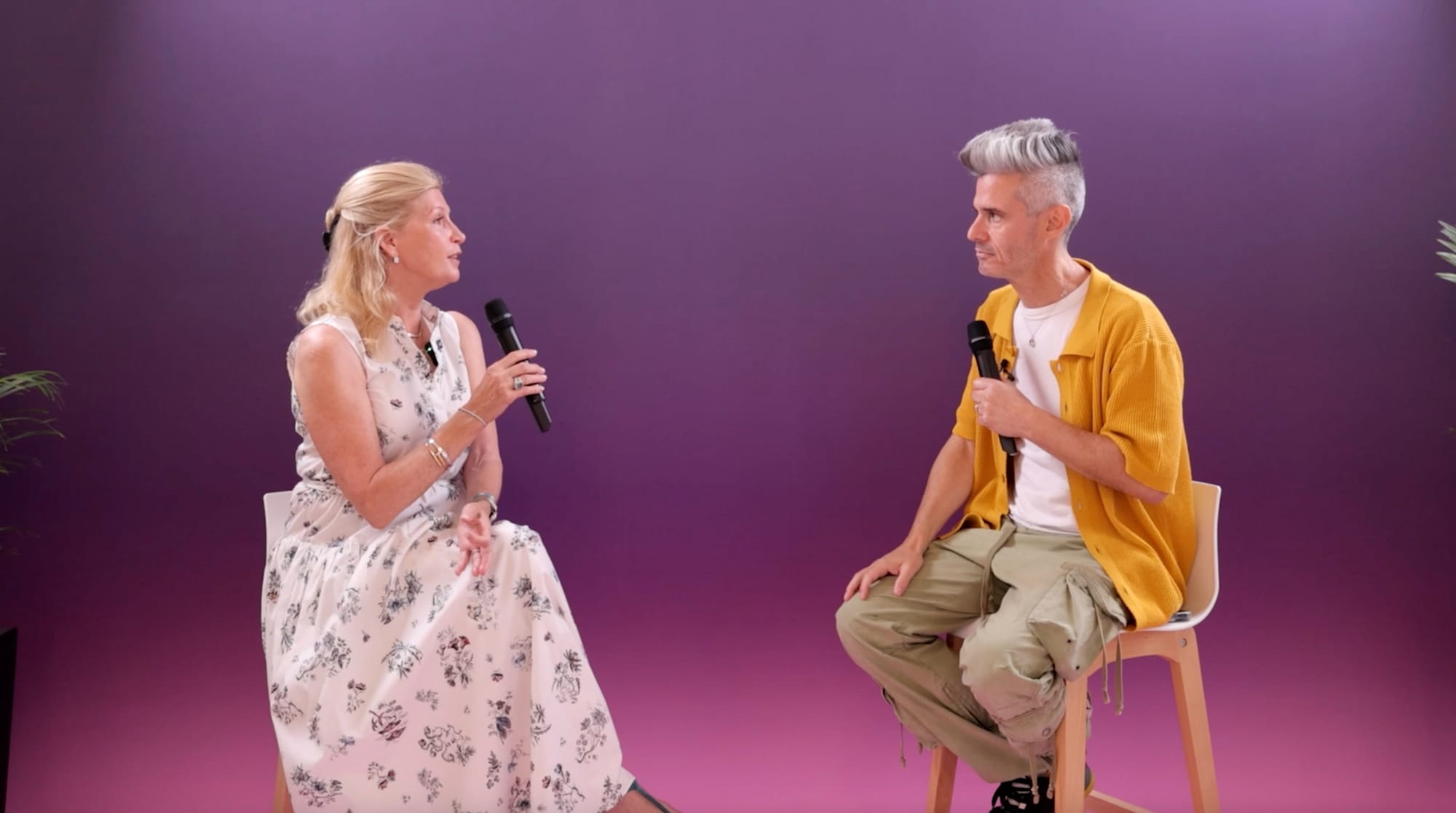Why Gen Z Is Powering The Movie Theater Comeback | Big Brains With NCM's Catherine Sullivan
Media Cartographer Evan Shapiro caught up with Catherine Sullivan, President, Sales, Marketing & Partnerships, National CineMedia, for this installment of Big Brains.

At a time when attention is the most valuable currency in media, the cinema industry is experiencing a renaissance—powered by data, community, and cultural relevance.
Big Brains host Evan Shapiro recently sat down with Catherine Sullivan, President, Sales, Marketing & Partnerships, National CineMedia, to explore how the theatrical experience is captivating Gen Z, why advertisers are rediscovering the value of the big screen, and how NCM is leveraging data and partnerships (like its expanded relationship with iSpot) to prove performance in an increasingly complex media landscape. Sullivan also shared career advice for the next generation of media professionals and her vision for a more transparent, attention-first advertising future.
Evan Shapiro: Catherine, thanks for being here. Let’s start with something surprising: I've been researching two distinct media ecosystems—one for millennials and younger, and one for Gen Xers and up. I was stunned to learn the median age of movie theatergoers is just 30. That’s younger than YouTube or Instagram. I didn’t realize young people were going to the movies in such big numbers. Is that really the case?
Catherine Sullivan: It’s stunning, right? And honestly, no matter how many times we say it, marketers and agencies still ask, “Your average age is 30?” Yes! And we’re 62% multicultural—we overindex in the most difficult-to-reach audiences. And they’re coming back to theaters in a big way.
ES: Gen Z especially gets labeled as “hard to reach.” Some marketers say their attention is impossible to capture. But I think that’s an excuse older generations make. Still, it’s true their attention is fragmented—they’re always on social media. Yet they’re not just showing up at theaters—they’re coming early, in costume. It’s become a cultural event. Do you see this as an opportunity to capture peak attention?
CS: 100%. After COVID, people—especially that generation—just want to get out. They crave real-life, shared experiences. And they love the movies. Between now and Labor Day, 76 million people will go to the movies. That’s huge. These audiences want relevant cultural moments to share with friends. They don’t want to sit at home in slippers—they’re showing up in groups.
ES: One thing I didn’t expect is how much granular data National CineMedia has. You’re not just selling ad space—you're building a deep identity graph based on ticket sales, in-theater purchases, and more. Can you talk about that?
CS: That’s one of the main reasons I joined NCM. It’s not just the audience age or diversity—we’ve got powerful data. For example, 53% of moviegoers make a purchase afterward—at the mall, at dinner, wherever. We see that. We can retarget them. And our products are built to support that journey—they’re best-in-class.
We’re also focused on democratizing that data. Coming from the agency side, I saw everyone building walls around their data. But I said, no—we need to make data accessible. Let partners work with us however they want. We can deliver KPIs that prove what we do, who our audience is, and why it matters.
ES: Speaking of data, you recently expanded your partnership with iSpot. Why iSpot, and what does this partnership enable for NCM?
CS: We already had a relationship—it made sense to grow it. Again, it’s about democratizing data. We had clients saying, “We need to work with iSpot.” So we said, great—let’s expand and offer more granularity.
From my agency experience, I know how hard it is for CMOs to decipher what part of their media mix is working. That’s terrifying. The more we can help them prove their value, the better. And iSpot is the right partner for that.
ES: You’ve been on every side of this business. When you look at NCM—where people are together, facing one screen in a dark room—do you think attention is the most important metric now? It used to be about reach, but now it feels like engagement and attention matter more.
CS: Absolutely. We’ve been focused on that for a while because our clients were asking: “What’s next?”
In this fragmented, nanosecond world—especially with Gen Z—attention is the gold standard. These kids bounce between screens nonstop. But in the theater, with that giant screen? That’s the moment. Phones are down. No distractions. Full attention. It breaks through.
At Omnicom, we studied this, and now I’m seeing it in action at NCM. Cinema is the most premium video experience out there. Attention is where it’s at. If you can’t prove what your creative achieved, then what’s the point?
ES: You’ve pivoted a few times in your career, and I have too. We’re in a big moment of flux in the industry. What advice would you give someone early in their career—say a Gen Zer—trying to stay focused and keep moving forward?
CS: Be true to yourself. Work somewhere you believe in. Gone are the days of straight-line careers—my dad worked at Merrill Lynch for 35 years. That’s over.
Keep your head up, ask questions, and get comfortable being uncomfortable. If you’re comfortable, you’ve probably been doing it too long. Time to move on.
